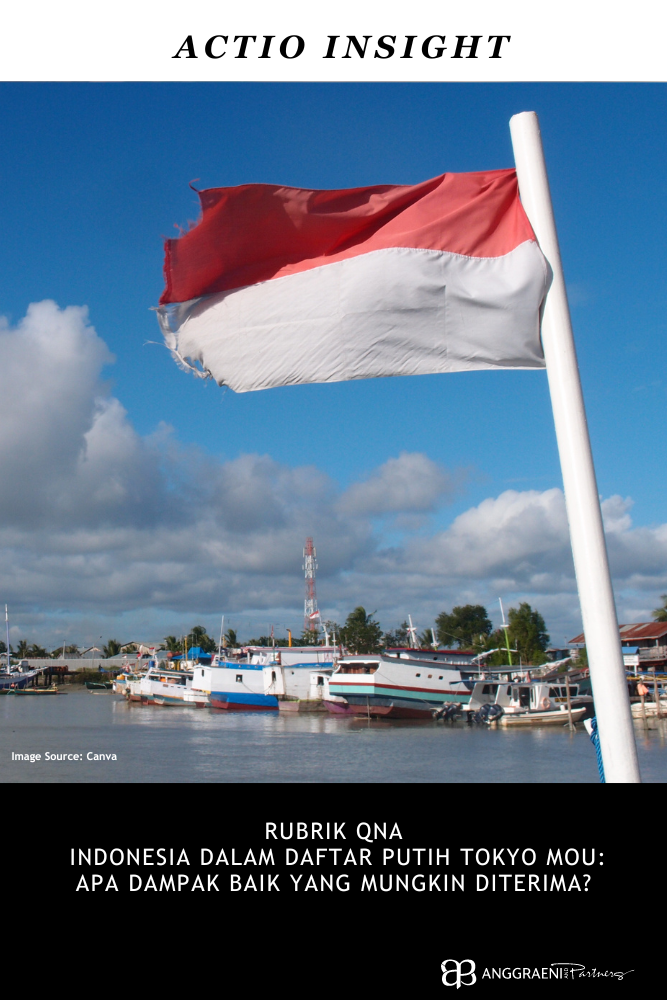THINGS TO BE CONSIDERED BY THE “BORROWER” IN SYNDICATED LOAN
In Indonesia, there are many large businesses borrowing funds from abroad because overseas banks can provide huge amounts of loans for development projects in Indonesia, such as infrastructure projects. In Indonesia, in order to obtain large amount of loan, companies normally take advantage of syndicated loans. Stanley Hurn in his book Syndicated Loan: A Handbook for Banker and Borrower defines syndicated loan as “a loan made by two or more lending institution, on similar terms and conditions, by common documentation and administered by common agent”.
Companies seeking to obtain loans using syndicated credit scheme (the “borrowers”) obtain some benefits, such as large amount of loan. On the other hand, syndicated loans involve the role of private parties that can support national development. The financing will be beneficial for the success of national development.
In addition, syndicated loans reduce a company’s risk of project development. In this case, syndicated loans can also help in debt restructuring projects. There are a number of terms that need to be understood in syndicated loans, namely:
(i) lender;
(ii) borrower;
(iii) arranger or the party arranging the loan and offer to banks or other financial institutions; (iv) lead manager or the party leading the syndicated credit process;
(v) a security agent or the agent assigned to arrange the security of the borrowers; and (vi) facility agent or loan credit facility agent.
A syndicated loan contains the syndicated loan agreement which is also called the facility agreement. Please note that a syndication agreement does not create or recognize the existence of a debt, but rather constitutes a commitment to provide some funds by syndication and a commitment by the loan recipient to repay the funds on a certain date (Tennekoon, 1991).
The Borrower enters into the loan agreement with a syndicated bank. In this regard, the syndicated banks are grouped in the Asia Pacific Association Loan Market Association (APLMA) namely a Pan-Asian association founded in 1998 by ABN AMRO, Bank of America Merrill Lynch, Bank of China, Bank of Tokyo-Mitsubishi UFJ, BNP Paribas, Barclays, Citigroup, DBS, HSBC, JP Morgan Chase, National Australia Bank, Socie?te? Ge?ne?rale, Standard Chartered Bank, Sumitomo Mitsui Banking Corporation, and WestLB. For information, APLMA is an association that issues standardized documents of primary and secondary loan as well as reliable banking practices.
The amount of the loan is determined by the amount of project cost required by the borrower. It is important as the consequences will be enormous – not to mention the possibility that the loan can instantly be a non performing loan.1
In addition, with regard to a syndicated loan, we know a term called loan prepayment which is done when the borrower has surplus funds and can repay the loan outside the period specified in the agreement. The lender typically puts interest on a loan prepayment because the step taken by the borrower is considered unprofitable for the bank as the bank will find difficulty in managing the fund paid earlier than the schedule.2
Furthermore, a borrower obtaining loans from overseas banks or foreign financing institutions are required to report any overseas debts based on credit agreements or bonds (which include letter of credit or L / C, bankers acceptance, bonds, commercial papers, promissory notes, and medium term notes) to Bank Indonesia.3
Institutional overseas debts shall be fully reported without minimum limitation. Meanwhile, individual overseas debts to
be reported include (i) debts having a minimum nominal amount of USD200,000 or its equivalent amount in another currency at the rate applicable when the debt document is signed or issued; and / or (ii) if summed up, the debt reaches USD200,000 or its equivalent amount in another currency at the rate applicable when the debt document is signed or issued.
The party reporting overseas debts that has fulfilled the above requirement but fails to submit report to Bank Indonesia shall be subject to administrative sanctions in the form of a fine of Rp 10,000,000.
-TWK-


